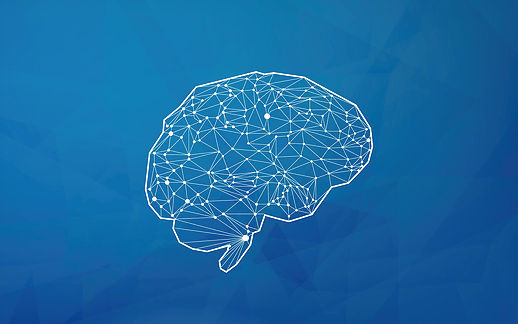
Breaking News
 $26M Frozen on Blockchain - With One Click
$26M Frozen on Blockchain - With One Click
 Italy are on national strike shutdown rejecting digital enslavement...
Italy are on national strike shutdown rejecting digital enslavement...
 The following U.S. states are currently using the rebranded "Reporty Homeland Security" so
The following U.S. states are currently using the rebranded "Reporty Homeland Security" so
 NATO Chief Urges Europe To Prepare For Long-Term World War With Russia, China, Iran & North Korea
NATO Chief Urges Europe To Prepare For Long-Term World War With Russia, China, Iran & North Korea
Top Tech News
 HUGE 32kWh LiFePO4 DIY Battery w/ 628Ah Cells! 90 Minute Build
HUGE 32kWh LiFePO4 DIY Battery w/ 628Ah Cells! 90 Minute Build
 What Has Bitcoin Become 17 Years After Satoshi Nakamoto Published The Whitepaper?
What Has Bitcoin Become 17 Years After Satoshi Nakamoto Published The Whitepaper?
 Japan just injected artificial blood into a human. No blood type needed. No refrigeration.
Japan just injected artificial blood into a human. No blood type needed. No refrigeration.
 The 6 Best LLM Tools To Run Models Locally
The 6 Best LLM Tools To Run Models Locally
 Testing My First Sodium-Ion Solar Battery
Testing My First Sodium-Ion Solar Battery
 A man once paralyzed from the waist down now stands on his own, not with machines or wires,...
A man once paralyzed from the waist down now stands on his own, not with machines or wires,...
 Review: Thumb-sized thermal camera turns your phone into a smart tool
Review: Thumb-sized thermal camera turns your phone into a smart tool
 Army To Bring Nuclear Microreactors To Its Bases By 2028
Army To Bring Nuclear Microreactors To Its Bases By 2028
 Nissan Says It's On Track For Solid-State Batteries That Double EV Range By 2028
Nissan Says It's On Track For Solid-State Batteries That Double EV Range By 2028
Artificial Intelligence and Ethics on the Road to Superintelligence

The human brain, consisting of roughly 86 billion neurons, rivals the world's best supercomputers in terms of magnitude, efficiency, and speed, using as little energy as a small 20-watt light bulb. Human evolution took tens of thousands of years to adapt noticeable brain size and architecture changes.
Evolution is a slow process that can take eons for changes to occur. Technology, on the other hand, is amazing in terms of how fast it is moving along, blending into the world seamlessly. The technological evolution notably occurs at a faster pace compared to biological evolution.
To further understand the situation, imagine a frog in a pot of water that heats up 1/10th of a degree Celsius every ten seconds. Even if the frog remained in that water for, say an hour, it would be unable to feel the minute changes in temperature. However, if the frog is dropped into boiling water, the change is too sudden and the frog jumps away to avoid fate.
The Future of Artificial Intelligence and Ethics on the Road to Superintelligence
July 1, 2016
The human brain, consisting of roughly 86 billion neurons, rivals the world's best supercomputers in terms of magnitude, efficiency, and speed, using as little energy as a small 20-watt light bulb. Human evolution took tens of thousands of years to adapt noticeable brain size and architecture changes.
Evolution is a slow process that can take eons for changes to occur. Technology, on the other hand, is amazing in terms of how fast it is moving along, blending into the world seamlessly. The technological evolution notably occurs at a faster pace compared to biological evolution.
To further understand the situation, imagine a frog in a pot of water that heats up 1/10th of a degree Celsius every ten seconds. Even if the frog remained in that water for, say an hour, it would be unable to feel the minute changes in temperature. However, if the frog is dropped into boiling water, the change is too sudden and the frog jumps away to avoid fate.
Let's take a gigantic chessboard and a grain of rice, for scale, and place each grain of rice to a corresponding chess square following a sequence: for each passing square, we double the amount. Upon applying this, we get:
1) 1
2) 2
3) 4
4) 8
And so on. You must be thinking, "What difference does doubling a grain of rice for every box make?" But one must remember that, at some point, the number from which the count started will be totally indistinguishable to the end result. Still on the 41th square,

 Carbon based computers that run on iron
Carbon based computers that run on iron

